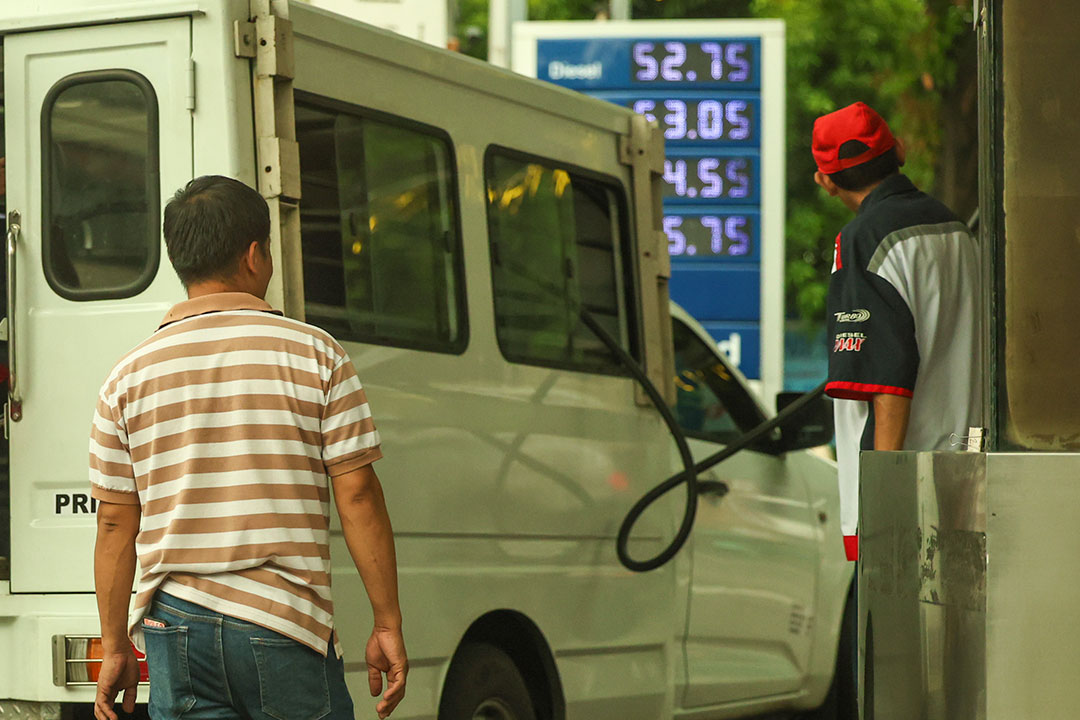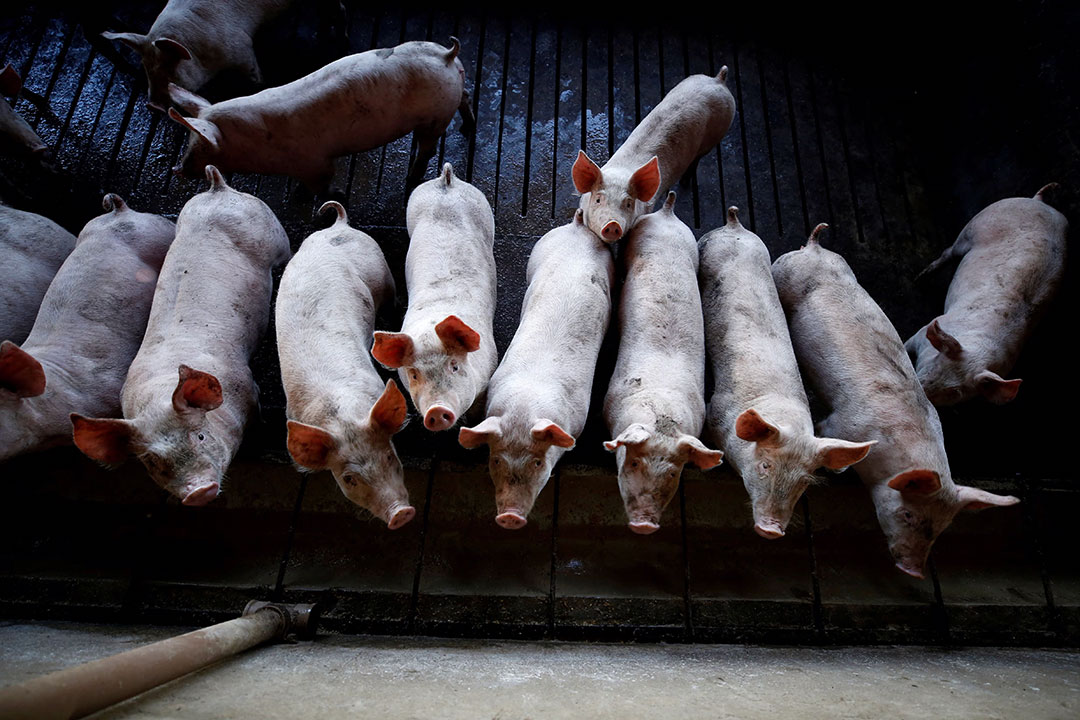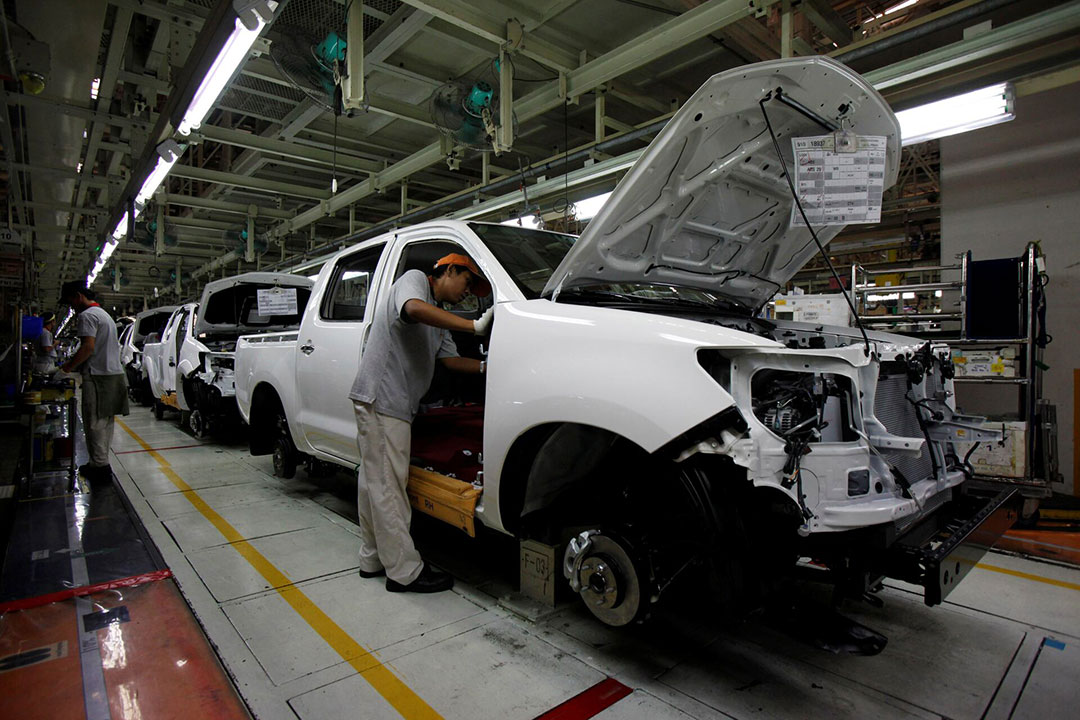
Upgrade to High-Speed Internet for only ₱1499/month!
Enjoy up to 100 Mbps fiber broadband, perfect for browsing, streaming, and gaming.
Visit Suniway.ph to learn
 STOCK PHOTO | Original image from Freepik
STOCK PHOTO | Original image from FreepikBy Jam Magdaleno
THE PROPOSED P200 across-the-board wage hike is now effectively dead. The House and Senate failed to reconcile their respective versions before Congress adjourned sine die. As far as legislative prospects go, the bill is unlikely to be revived. But its defeat in Congress belies its political utility. After all, it served its purpose: to reframe the administration’s post-election narrative and offer a short-term populist balm after a punishing electoral result.
The 2025 midterm elections dealt a blow to the administration, with its Alyansa Para sa Bagong Pilipinas slate winning only six of 12 Senate seats, below initial expectations. The “DuterTen” coalition of Vice-President Sara Duterte and former President Rodrigo Duterte secured five seats, led by top vote-getters Bong Go and Bato dela Rosa. Opposition figures also broke through, with Bam Aquino and Kiko Pangilinan placing second and fifth. Key upsets in strategic areas like Makati and Cebu, where independents and opposition-backed candidates triumphed, reflect growing public discontent with the administration.
Still, despite this erosion of popularity, the administration continues to enjoy strong support in the Lower House. It’s not difficult, then, to see why the idea of a wage hike was floated: as a signal of responsiveness to the plight of the working class, a gesture aimed at regaining the sympathies of future voters and perhaps currying favor with left-leaning parties and organizations.
The problem, however, is that the proposal was doomed from the start. A national wage hike fails on two counts: economic feasibility and political viability.
As I previously wrote here, a P200 wage hike would be counterproductive to the progress the Philippines has made in curbing inflation (currently at 1.3%). It would trigger inflationary pressure and severely impact micro, small, and medium enterprises (MSMEs), as well as the informal and semiformal sectors, which comprise the majority of Philippine businesses. The proposal was so widely criticized by economists that the administration’s own economic managers issued a co-signed statement opposing the bill.
This leads to the second point: the proposal is politically infeasible. One only needs to examine the administration’s consistent history of opposing blanket wage hike measures. The timing of the proposal’s release and the political environment in which it passed the House are instructive of its intent. The Senate, for its part, had floated a more modest P100 alternative. Senate President Chiz Escudero criticized both the timing and the substance of the House’s P200 proposal, stressing that the Senate had passed its own version over a year earlier, in February 2024. According to Escudero, the House “sat on” the issue for 16 months and only transmitted its version during the final days of the 19th Congress, leaving no time for bicameral deliberation.
Typically, for a bill of this scale and consequence, multiple LEDAC (Legislative-Executive Development Advisory Council) meetings would be held to ensure proper technical vetting and political support. The lack of such measures reveals that the bill’s objective was to generate political noise and consolidate voter goodwill, and not to enact actual reform.
Is this theatrical display new? Certainly not.
In 2009, amid corruption scandals and plummeting popularity, the Arroyo administration ramped up public spending ahead of the 2010 elections. The World Bank’s Philippines: Public Expenditure Review (2010) flagged a notable rise in off-budget expenditures, including congressional earmarks, that were misaligned with national development priorities.
In 2015, the Aquino government implemented the Salary Standardization Law IV, increasing public sector pay in the run-up to the 2016 elections.
And in 2018, in response to mounting backlash against the TRAIN (Tax Reform for Acceleration and Inclusion) law and a spike in inflation to 6.7%, President Rodrigo Duterte ordered the suspension of further fuel excise tax hikes — a move now widely seen as a concession to public frustration.
In this view, wage policies, like many economic policies in the Philippines, often follow the rhythm of political cycles rather than the guidance of data or long-term institutional planning. National Scientist Raul Fabella has argued that our weak institutions and non-programmatic political parties foster a system where policymaking is fragmented and opportunistic. Legislative behavior, he notes, is shaped less by ideology than by political survival. This phenomenon is best described as electoral clientelism, which persists in developing democracies with weak party systems. A 2019 World Bank study by its Governance and Anti-Corruption Team found that “short-term, distributive politics dominate policy making in the absence of credible political parties and programmatic platforms,” particularly in countries like ours, where institutional continuity is disincentivized by high turnover in leadership.
What this move sacrifices are opportunities for discourse on meaningful reform. On the discussion of wages alone, a 2023 Asian Development Bank study revealed that targeted wage subsidies, enhanced social protection mechanisms, and support for enterprise productivity are far more effective in sustainably raising real incomes. Programs such as the Small Enterprise Technology Upgrading Program (SETUP) or the Department of Trade and Industry’s Shared Service Facilities could be scaled up to improve labor productivity and generate quality employment. Yet these kinds of interventions are complex, technocratic, and yield results on timelines that rarely align with political ones.
On a broader level, the Philippines is at a critical juncture to rethink its economic direction in response to major global changes. US President Donald Trump’s tariff decisions disrupted international trade, labor flows, and supply chains. This evolving global environment, defined by rising protectionism, fragmented trade relationships, and the re-shoring of industries, challenges the version of globalization that we have long depended on. The traditional export-processing and BPO-driven growth models of the Philippines may no longer be sufficient. Instead, the country needs to reassess its position in global value chains and adopt policies that promote comparative advantage, technological adaptation, and domestic productivity.
Imagine if the government’s political capital were funneled into discussing structural reforms that can shape the economy for decades to come. One bold proposal comes from political economist Calixto Chikiamco, who advocates for a strategic depreciation of the peso to promote export-led and agriculture-driven growth. This idea addresses a long-standing imbalance in the Philippine economy: an overvalued peso, often mistaken for economic strength, favors imports and foreign consumption but harms local producers. It makes Philippine exports less competitive abroad and discourages investment in domestic manufacturing and farming.
A weaker, more competitive peso would help reverse this trend by making exports more attractive and imports more expensive, encouraging local production and potentially revitalizing neglected sectors like agriculture and light industry. Mr. Chikiamco also argues that an artificially strong currency has deepened the country’s dependence on OFW remittances and imports, increasing our exposure to external shocks. If managed carefully, with inflation controls and targeted investment, a calibrated depreciation could generate jobs in tradable sectors and build economic resilience.
Another area ripe for reform is the country’s approach to industrial policy. The Philippines has long relied on tax incentives as a primary tool to attract investments, yet numerous studies, including those by the Department of Finance and the Philippine Institute for Development Studies (PIDS), have found that many of these incentives are poorly targeted, redundant, and fail to deliver commensurate economic benefits. While the CREATE Law (the Corporate Recovery and Tax Incentives for Enterprises Act) aimed to introduce performance-based and time-bound incentives, implementation gaps remain.
Instead of leaning heavily on tax perks, the government could shift toward supporting industrial clusters and special economic zones that nurture supply chains in sunrise industries such as electronics, electric vehicle components, and agribusiness — sectors already identified in the Philippine Development Plan (PDP) 2023–2028 and the Board of Investments’ Strategic Investment Priority Plan (SIPP).
Modernizing the country’s outdated port infrastructure and addressing high logistics costs, which are among the highest in ASEAN according to JICA and the World Bank, would significantly improve our trade competitiveness. The Philippines ranked 60th out of 139 countries in the 2023 World Bank Logistics Performance Index, far behind regional peers like Vietnam and Thailand. These reforms are especially urgent in light of emerging global patterns: as multinational firms diversify away from China due to geopolitical tensions and tariff restructuring, countries with agile and responsive domestic systems — such as Vietnam, Malaysia, and Indonesia — have captured a larger share of redirected investments.
The point here is not merely to push for one policy over another. Rather, it is to argue that if the political capital currently used for populist theatrics were instead channeled into serious, evidence-based policymaking, we might finally break from our cycle of reactive and short-term governance. Ideas like currency reform, land market liberalization, and industrial clustering are not populist; they are radical in the best sense of the word: they aim to strike at the root of what has held our economy back for decades.
The broader argument, then, is not about prescribing which reform is objectively best. That question should always be the subject of rigorous analysis, deliberation, and empirical testing. What truly matters is whether our political institutions are built to incubate such ideas, whether complex or risky, and give them the oxygen they need to survive. Because in the absence of that, we are left only with the politics of spectacle and none of the substance that a nation’s long-term prosperity demands.
Jam Magdaleno is a political and economic researcher, writer, and communication strategist. He is the head of Information and Communications of the Foundation for Economic Freedom (FEF), a Philippine-based think tank.




